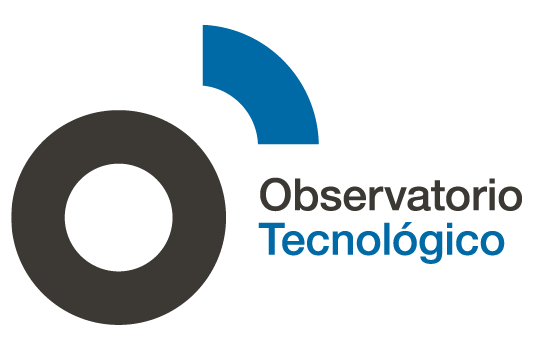Autores: Nandi, B.K.|Uppaluri, R.|Purkait, M.K.
Fuente: Appl. clay sci.
en prensa
2008
Contemporary research in ceramic composites for membrane applications targets the fabrication of stable low cost micro-filtration range membranes. This work reports the fabrication of stable low cost mesoporous membranes deploying subsequent formulations based on kaolin and other suitable low cost materials such as quartz, sodium carbonate, calcium carbonate, boric acid and sodium metasilicate. Incidentally, the processing temperature in this work is about 850 ? 1000 oC instead of 1100 oC which is the usual sintering temperature for inorganic membrane fabrication. The membranes casted as circular disks (52.5 mm diameter and 4.5 mm thickness) were subjected for characterization studies using TGA, XRD, SEM analysis, to evaluate the effect of maximum sintering temperature on membrane structure, porosity and mechanical integrity. Pore size distribution, porosity, average pore size of the membrane along with permeation experiments with both water and air is carried out to study the membrane performance. The average pore size of the membrane is observed to increase from 550 nm to 810 nm when sintering temperature increases from 850 oC to 1000 oC. However, with the increase in temperature from 850 oC to 1000 oC, the membrane porosity is reduced (from 42 % to 33 %) and flexural strength is increased (from 3 to 8 Mpa). The membrane corrosion resistance is found to be unaltered with processing temperature. Based on raw-material prices, the membrane cost is estimated to be 130 $/m2. Henceforth, these low cost membranes with good membrane properties are suggested for cheaper application in chemical and biochemical processes using micro-filtration and ultra-filtration techniques.
Si desea obtener más información sobre este contenido contacte con nuestro Centro de Documentación
Regístrate para leer más

